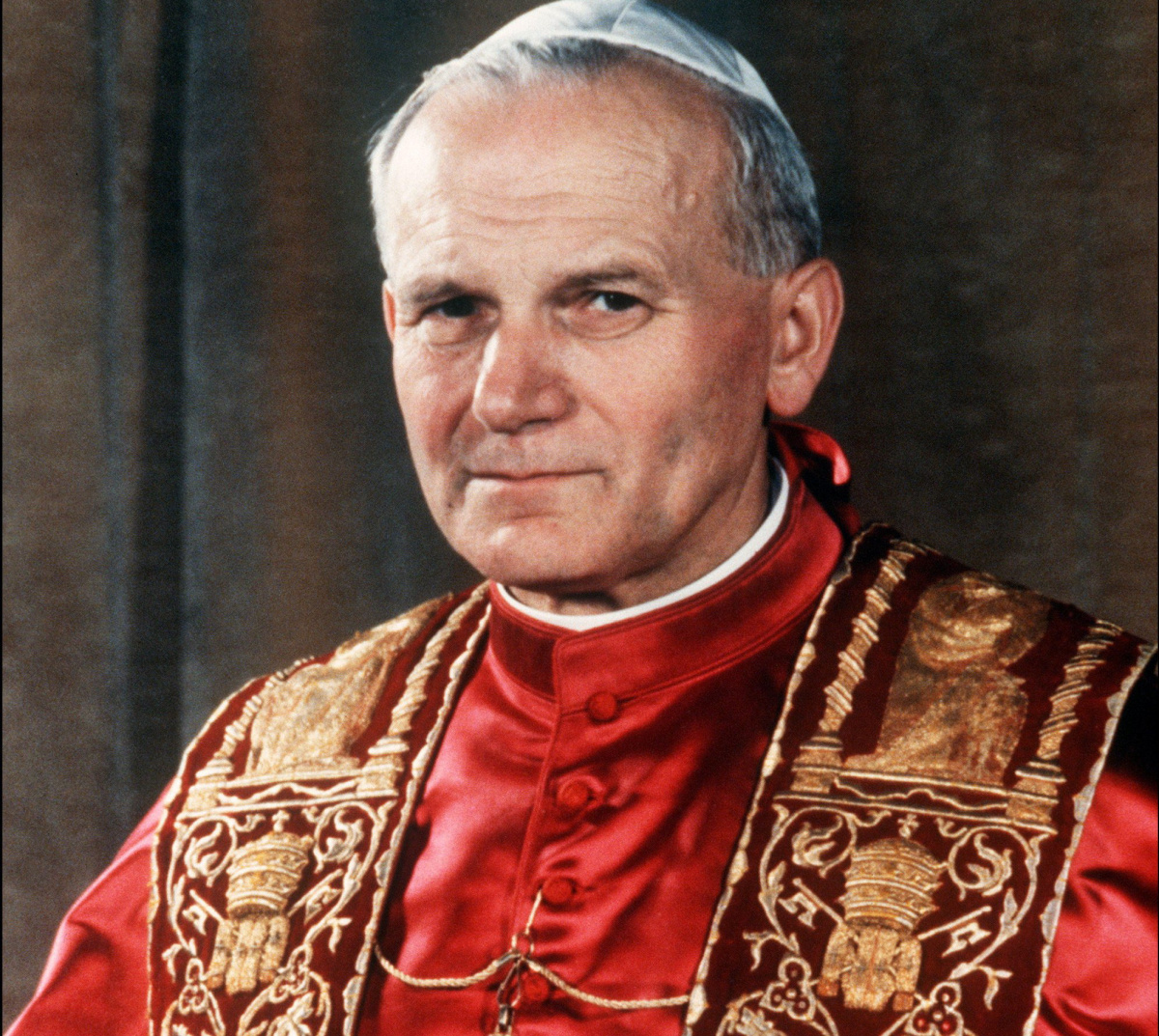
St John Paul II
When it was not some infirmity or other than caused him to experience pain, it was he himself who inflicted discomfort and mortification on his own body. Aside from the prescribed fasting, which he followed with great rigour, especially during Lent, when he reduced his nourishment to one complete meal per day, he also abstained from food before ordaining priests and bishops. And it was not infrequent for him to spend nights lying on the bare floor. His housekeeper in Cracow realised it, even though the archbishop crumpled his bedclothes to conceal it. But he did more. As a number of members of his closest entourage heard with their own ears, in Poland and the Vatican, Karol Wojytla flagellated himself. In his bedroom closet, among his cassocks, hanging from a hook was an unusual trouser belt that he used as a whip and always brought to Castel Gandolfo.
Such is the testimony of Monsignor Slawomir Oder, the Postulator for the cause of canonisation of St John Paul II. This is the pope who attracted so many young people. Yet he lived a rigorous life of penance. So rigorous, in fact, that others heard him flagellating himself. And he used an unusual trouser belt. It’s not clear why it was unusual. Was it modified in some way to make it more painful? In what other way would it be unusual?
Fr Doyle’s life of penance is not be something we are called to imitate in its totality today, but it was entirely in conformity with the tradition of the Church, and is mirrored in the lives and teachings of the saints, including the joyful and phenomenally popular St John Paul II.
It would be bizarre for anybody to over-emphasise the role of physical penance in the life of St John Paul II, and to reduce his personality to one aspect of his spiritual life. So, too, those who allow Fr Doyle’s penance to loom too large in their memory of him do him a disservice, and foster an unbalanced image of a very human and very self-sacrificing war hero. Fr Doyle’s penances are, sadly, a stumbling block for some people. But they should really present no difficulty to us, for his practice in this regard has a precedent in the lives of many of the most popular of saints across history.

I think of Fr. Doyle’s smaller sacrifices each morning when I am faced with the choice of getting up or lying in bed or of “sugar or no sugar” in my coffee. He is a constant inspiration.